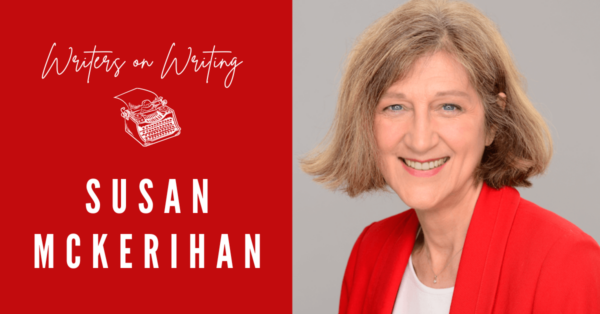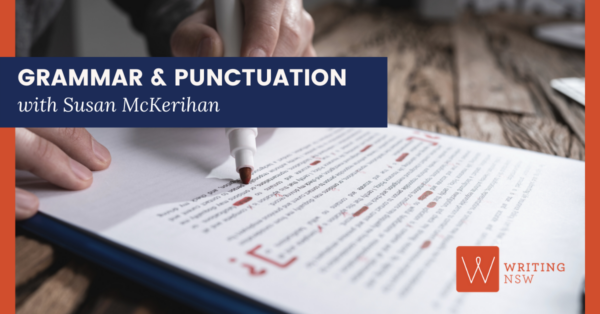
The rise of the internet is often associated with declining literacy and grammar skills. Is this a fair observation, in your opinion?
No, although I can understand why people think so. The internet – in particular social media – has produced rapid changes in language use, and because those changes are so visible and widespread, it can be confronting. So new words, phonetic spelling, abbreviations and lack of punctuation are disparaged as incorrect. But ‘correct’ doesn’t always equal ‘appropriate’. Textspeak is fine for social networking platforms because it replicates spoken, spontaneous language. On the other hand, a more grammatically polished style is appropriate for academic work, business communications, job applications, etc. Most people instinctively adjust their language according to the medium. It’s called code-switching and we do it all the time.
There have been complaints about ‘declining standards’ for centuries, yet English always bounces back and does its job of allowing us to tell our stories.
How does the knowledge of grammar assist in the learning of other languages?
Many language teachers in classes above beginner’s level may use technical terms to describe what’s happening in a sentence. People have often told me they became confused and lost confidence when the teacher talked about verbs and tenses, adjectives, word order, agreement, gender, etc.
It depends on your goal, of course. You might be looking for some basic conversational phrases and question/answer skills, and you can do this without knowing any grammar. But if you’re hoping to progress to a level where you can take part in real-life conversations and express a range of ideas and opinions, understanding these technical terms and concepts will be an advantage.
Beyond the there/their/they’re debacle, what are the most common grammatical mistakes made by writers?
Understanding apostrophe use; placement of commas (eg. Jane Bloggs, is the youngest doctor ever employed at the medical centre); and agreement between subject and verb (eg. The scope of the new projects were constantly changing). This all probably sounds very technical, but once you’re familiar with the terminology it will make perfect sense.
*
Susan McKerihan spent 20 years as the plain English editor at PriceWaterhouseCoopers, helping consultants in all technical and specialist areas to write clear and concise reports. She now has her own business training, coaching and advising business people on how to improve the style and impact of their written work. She has a Master’s in Applied Linguistics and a Graduate Diploma in Teaching English as a Foreign Language (both from Sydney University), and has taught English as a foreign language in France and Australia. She was a member of the review panel for the Australian Government Style Manual, and her book, Clear & Concise: Become a Better Business Writer, was published by Black Inc. in February 2015. She is currently finalising her second book, an introduction to grammar for adults who didn’t learn grammar at school or have forgotten all they once knew.
Join Susan’s workshop, Grammar and Punctuation, Saturday 23 July 2022, 10am-4pm. Enrol here >>

If you want to be the first to read great advice from our incredible tutors, subscribe to our weekly e-newsletter Newsbite.
More from Writing NSW
Check out our full range of in-person writing courses in Sydney, our online writing courses and our feedback programs to see how we can help you on your writing journey. Find out about our grants and prizes, as well as writing groups across NSW, and sign up to our weekly newsletter for writing events, opportunities and giveaways.
